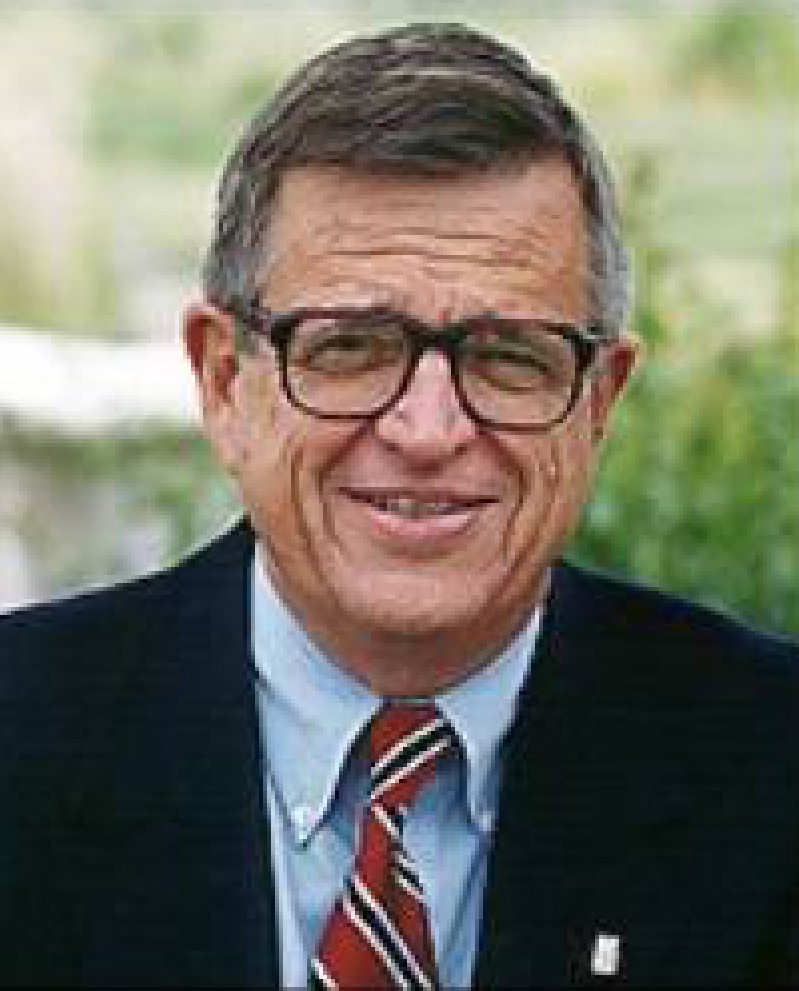
Work to so many people is simply a necessary evil. The goal in life is putting in enough time to retire and relax.
But that attitude and that goal is contrary to a Christian worldview perspective on work.
Christians have a special reason to celebrate Labor Day, which honors the fundamental dignity of workers, because we worship a God Who labored to make the world-and Who created human beings in His image to be His workers. When God made Adam and Eve, He gave them work to do: cultivating and caring for the earth.
In the ancient world, the Greeks and Romans looked upon manual work as a curse, something for lower classes and slaves. But Christianity changed all of that. Christians viewed work as a high calling-a calling to be co-workers with God in unfolding the rich potential of His creation.
This high view of work can be traced throughout the history of the Church. In the Middle Ages, the guild movement grew out of the Church. It set standards for good workmanship and encouraged members to take satisfaction in the results of their labor. The guilds became the forerunner of the modern labor movement.
Later, during the Reformation, Martin Luther preached that all work should be done to the glory of God. Whether ministering the Gospel or scrubbing floors, any honest work is pleasing to the Lord. Out of this conviction grew the Protestant work ethic.
Christians were also active on behalf of workers in the early days of the industrial revolution, when factories were "dark satanic mills," to borrow a phrase from Sir William Blake. In those days, work in factories and coal mines was hard and dangerous. Men, women, and children were practically slaves-sometimes even chained to machines.
Then John Wesley came preaching and teaching the Gospel throughout England. He came not to the upper classes, but to the laboring classes-to men whose faces were black with coal dust, women whose dresses were patched and faded.
John Wesley preached to them-and in the process, he pricked the conscience of the whole nation.
Two of Wesley's disciples, William Wilberforce and Lord Shaftesbury, were inspired to work for legislation that would clean up abuses in the workplace. At their urging, the British parliament passed child-labor laws, safety laws, and minimum-wage laws.
But here in America we've lost the Christian connection with the labor movement. In many countries, however, from Canada to Poland, that tradition still remains strong.
Much of our culture has a distinctly Greek view of work: We work out of necessity. But, you see, we are made in the image of God and as such we are made to work-to create, to shape, to bring order out of disorder.
So this Labor Day, remember that all labor derives its true dignity as a reflection of the Creator. And that whatever we do, in word or deed, we should do all to the glory of God.
This commentary first appeared on September 1, 2003.
From BreakPoint, September 6, 2010, Copyright 2010, Prison Fellowship Ministries. Reprinted with the permission of Prison Fellowship Ministries. All rights reserved. May not be reproduced or distributed without the express written permission of Prison Fellowship Ministries. “BreakPoint®” and “Prison Fellowship Ministries®” are registered trademarks of Prison Fellowship.







